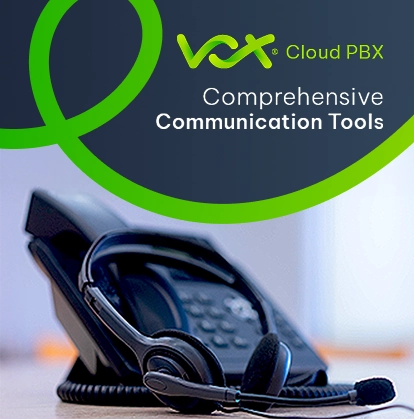This year has seen the proliferation of whole new classes of online threats. Not only has the advanced persistent threat (APT) become more real than ever, but the zero day vulnerabilities threaten companies and individuals as well. Cyber terrorism has also taken on a new aspect, with not only states being threatened but companies and individuals are coming under the lash as well, as demonstrated by high profile hacks on companies like Sony and Ashley Madison.
What does the new threat landscape look like, and how can resellers help their customers feel – and remain – secure?
The reality is that the landscape for cyber-attacks has broadened over the years, and that there is no boundary safe from these threats. And although security firms are continually releasing new updates and services to mitigate the risks, they just cannot keep up.
Cybercrime continues to grow at an alarming rate and cyber criminals are employing new tools and malicious software to infiltrate corporate and target end users, to extract critical data. The funny thing is that data is no longer confined to networks where it can be protected, and where companies have spent significant budget and focused security strategies in the past.
The likes of network and endpoint security today, will only provide marginal cover and until businesses re-look their security methodologies, data will continue to be at risk.
Cybersecurity Ventures recently reported that cyber attacks cost businesses as much as $500 billion per year, with many instances not reported because of the risk of loss of credibility and/ or financial impacts on businesses. However, many other studies suggest that the majority of businesses only spend 15 percent on average, of their IT budget on security.
The only reasonable conclusion that we can draw, is that there is a perceived lack of technological expertise with this industry. And it is here, that partnership with an accredited security business, with a proven track record, is essential. Customers need a trusted advisor, who can assist with providing solutions that ensure their business is protected at all times.
The reseller is that trusted advisor, and needs to guide and consult to businesses on security solutions, which could include training, and highlighting the continued dangers on the internet. This advisory role should not end when a security and data protection strategy has been developed and deployed. Resellers should be providing businesses with insights into current trends, concerns such as new malware, like Cryptolocker for example, and teaching basic cautionary actions such as not opening emails from an unknown and potentially unreliable source, not clicking on any links reflected in a mail that might be considered suspicious, and confirming receipt of emails from trusted sources, that look out of character.
We believe that the first step in an effective strategy is a next generation firewall service, which conducts IP reputation scanning, intrusion detection and prevention, database security and vulnerability management. This service assist in the battle against harmful threats ranging from DDoS attacks to non-signature threats.
This service alone will protect the network and database, but data is no longer consolidated to one network, making endpoint security is a critical requirement.
We have seen that this is a tough industry to be a reseller in – there are so many providers, each providing a similar service from an anti-malware and anti-virus perspective.
The differentiator is the reseller that delivers value added features such a mobile device management, data leakage protection, hosted intrusion prevention for the endpoint and central management for all devices.
The two that I have found most valuable are data leakage protection, managed by device control, delivering full view of what is being connected to a business’ network at any point in time, especially portable storage devices. Often overlooked, these are a particularly easy access point for cyber criminals, and data leakage protection prevents and/ or limits threats coming onto the network via portable storage devices.
Endpoints are seen as the easiest way of gaining access to a network, largely because of the mobility (not being fixed within the office environment). So the question we ask is: Don’t you think you should have some type of intrusion protection running on this device?
Hosted intrusion prevention, although seemingly self-explanatory, is the one service that is generally not offered in endpoint security strategies. Without it, you are simply inviting the criminals in.
Business decision makers only need to read the news, to see that cyber criminals are relentlessly finding and exposing vulnerabilities in security strategies, to understand that the risk of exposure has increased exponentially.
We’d encourage businesses that are unsure of where to start, to consider partnering with a reseller. One that can not only audit the risk to an organisation, but assist in developing and deploying a security strategy that offers maximum coverage.
An IT security strategy, developed from the inside out has never been a more critical business consideration.













